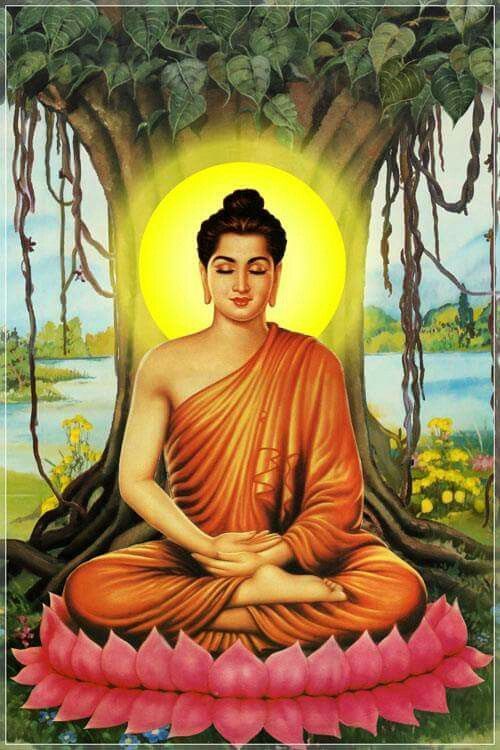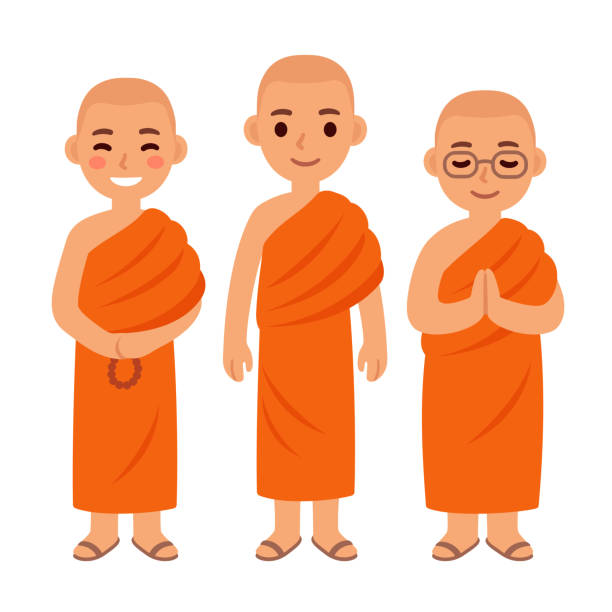.jpg)

The Role of Suffering in Buddhist Philosophy Viewers(2)
Understanding Suffering (Dukkha)
Dukkha is often translated as suffering, but its meaning extends beyond physical pain and mental anguish. It encompasses a range of experiences, including the inherent dissatisfaction and discomfort in life due to the impermanence and insubstantiality of all phenomena.
Buddha identified three primary forms of Dukkha:
- Dukkha-dukkha: This refers to the obvious physical and mental suffering associated with birth, aging, illness, and death. It includes everyday pains such as physical discomfort, emotional distress, and psychological suffering. For example, a person experiencing chronic back pain, the grief of losing a loved one, or struggles with anxiety and depression illustrates Dukkha-dukkha.
- Viparinama-dukkha: This type of suffering arises from change. Even pleasant experiences are transient, leading to inevitable disappointment when they end. This form highlights the fleeting nature of joy and pleasure. Examples include the initial joy of buying a new car that fades over time, the sense of loss after a pleasant vacation ends, or the sadness from aging and losing youthful beauty.
- Sankhara-dukkha: This is the most subtle form of suffering related to the contingent nature of all phenomena. It reflects the fundamental unsatisfactoriness of life, arising from the five aggregates (form, sensation, perception, mental formations, and consciousness) being conditioned and impermanent. This can be seen in the persistent sense of unease despite having all basic needs met, the deep insecurity tied to job stability, or the underlying anxiety about potential changes or losses in solid and loving relationships.
The First Noble Truth: The Truth of Suffering
The First Noble Truth, Dukkha, acknowledges that suffering is an intrinsic part of human existence. It is not a pessimistic view but a realistic assessment meant to inspire a deeper understanding and subsequent action to overcome it. Buddha taught that by recognizing the presence of suffering, individuals can begin the journey toward its cessation.
 By Paramattha Dhamma Sikkhaya Foundation
By Paramattha Dhamma Sikkhaya Foundation

.jpg)



Comments